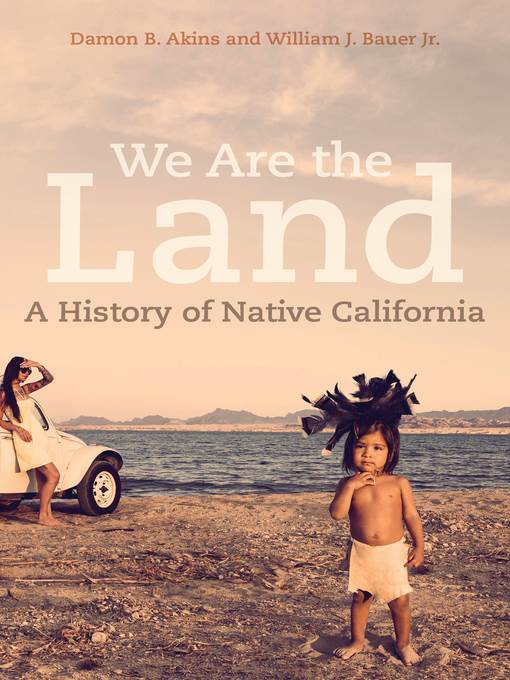
We Are the Land
A History of Native California
کتاب های مرتبط
- اطلاعات
- نقد و بررسی
- دیدگاه کاربران
نقد و بررسی

December 1, 2020
A thoughtful study of California as seen through the eyes of Indigenous people and their descendants. "California is both a place and an idea. As a place, California has always been and remains Indigenous land, and Indigenous People are central to the history and future of the place." So write historians Akins and Bauer, who consider the complex story of the dozens of Native nations and tribes that were once central to the place, then seemingly disappeared with the arrival of outsiders from Mexico and all over the world. Later, as "California Indians," they reappeared in order to claim rightful ownership of lands that, funded by casino revenues, they helped restore, reviving their languages and traditions at the same time. For example, Chumash people once inhabited the coastal lands from Malibu up to the area around Paso Robles and out into the Channel Islands; after being driven out, they have reclaimed some of their former territory. In the East Bay, much of what archaeologists call the West Berkeley Shellmound has been covered up by shops and homes, but Ohlone people are pushing to preserve the rest as a sacred site, "something that should be worth saving," as one leader puts it. Examining historical encounters with newcomers brought north and west along river routes and ancient trails, Akins and Bauer explore Indigenous conceptions of place and the geographical relations among neighboring peoples, making a kind of Native American rejoinder to Richard White and Jesse Amble White's California Exposures. Especially in a time of climate change and social upheaval, all people stand to learn about how to live in a place by studying ways both ancient and modern, the latter including "economic and political efforts to maintain connections to the land...[that] rested on the efforts that began in the 1870s, as California Indian People, communities, and nations recovered from genocide, ethnic cleansing, and slavery." A welcome contribution to Native studies and the rich literature of California's first peoples.
COPYRIGHT(2020) Kirkus Reviews, ALL RIGHTS RESERVED.

























دیدگاه کاربران